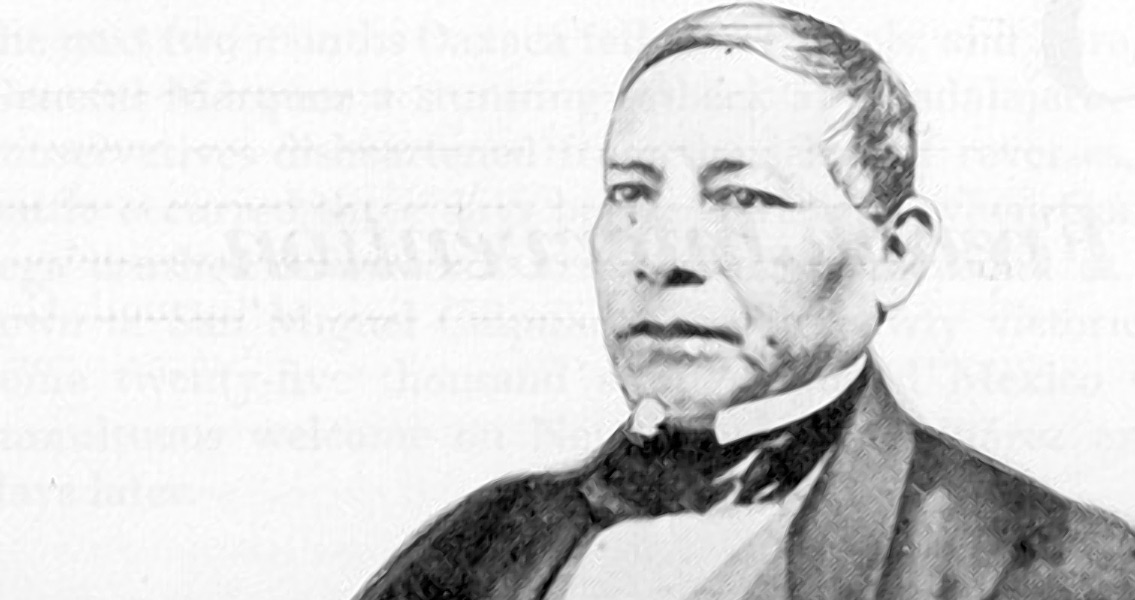<![CDATA[On 19th June, 1867, the Austrian Archduke Ferdinand Maximilian, the emperor of Mexico, was executed on a hill outside Querétaro. His death was ordered by Benito Juarez, the president of the Mexican Republic. Maximilian's death was a key event in a turbulent period of Mexican history that witnessed dramatic political upheavals, civil war, and attempts by France to exert its imperial influence over the country. The precursor to Maximilian taking the short lived Imperial throne of Mexico was the Reform War of 1858 to 1861. In the period following the 1846 to 1848 war with the United States, Mexico was blighted by instability as successive conservative and liberal governments competed to shape the country. Serving as justice minister in the liberal government of Juan Alvarez, Benito Juarez was instrumental in the creation of the 1857 constitution which curtailed the powers of the church. In response, the Conservative General Zuloaga overthrew the liberal government and worked to reverse the constitution. Civil war followed, with Juarez leading the liberal forces against Zuloaga. Victory for the liberals was confirmed in 1861 when the USA opted to recognise Juarez's government. Mexico's liberal party took control of the country, but the years of conflict had left Mexico in a state of financial ruin, forcing it to default on debts owed to governments in Europe. Britain, France and Spain sent military forces to Veracruz to recover their debts. Whereas Britain and Spain negotiated a compromise with Mexico, France could not reach an agreement and elected to use the opportunity to establish a dependent empire on Mexico's territory. French troops attacked Velacruz in late 1861, forcing Juarez and his government to retreat into the north of Mexico. 6,000 French troops, confident that victory would be swift, attacked the town of Puebla de Los Angeles. Juarez managed to scrape together a force to hold off the French, and within twenty four hours of the siege starting a shock defeat had been inflicted on the French soldiers, forcing a retreat and showing that establishing French rule over Mexico was likely to be far from straightforward. French Emperor Napoleon III offered Maximilian, then a rear admiral in the Austrian navy and governor-general of the Lombardo-Venetian kingdom, the Mexican throne in 1863. The French offer came as part of a deal between Napoleon and a group of Mexican conservatives who wished to overturn the liberal government of the president, Benito Juarez. With a guarantee of support from the French army, Maximilian set off for Mexico, wrongly believing that the Mexican people had voted for him to be their emperor. The first years of Maximilian's reign were characterised by fighting between Juarez's forces, and those of the French and Mexican conservatives. Initially, the war seemed to be going in Maximilian's favour with Juarez pushed further north into Mexico, but the end of the US Civil War played a decisive part. With the distraction of internal conflict gone, the US government began to put pressure on France to remove its forces from Mexico, on the grounds that their presence violated the Monroe doctrine. In March 1867 France agreed, and Maximilian suddenly found himself without the military support needed to prop up his government. Juarez's forces pushed back south, and quickly retook Velacruz. Maximilian fled to Querétaro, after refusing to leave the country with the French forces. His troops capitulated on 15th May, 1867, and despite attempts by European leaders for his life to be spared, he was executed on 19th June, as punishment for the lives that had been lost in the Civil War. ]]>
Mexican Emperor Ferdinand Maximilian Executed
